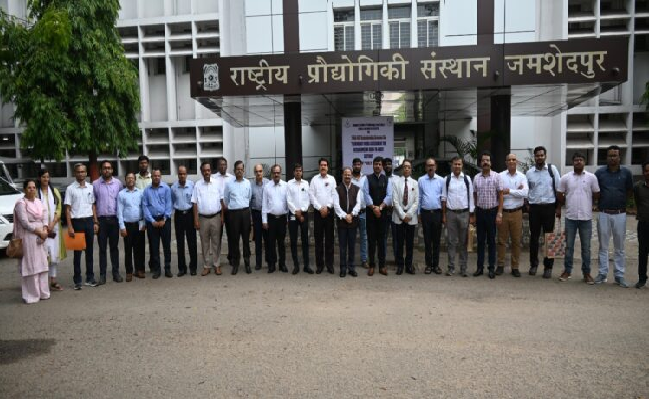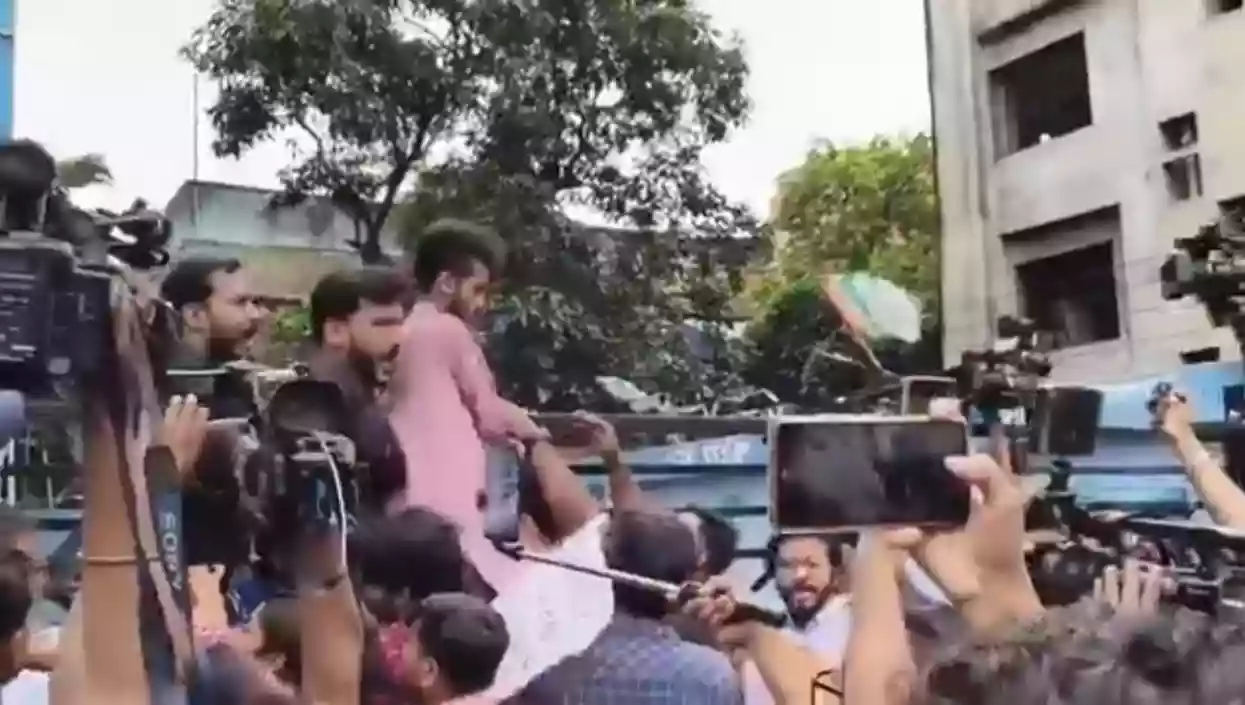Protests erupt outside Kasba Police station as 3 arrested in alleged Kolkata college gang rape
.gif)
.gif)

NIT Jamshedpur in association with Technology Information, Forecasting and Assessment Council (TIFAC) organized a special brainstorming session on its Camus for carbon reduction.
Eminent people from academia and research institutes participated in the brainstorming session, which covered the four steel industries and the cement-related industry.
These industries are responsible for the production of most greenhouse gases. From this brainstorming, technology needs are to be identified and possible solutions to increase India's impact on climate change.
Technical points were discussed during a brainstorming session on "Technology Needs Assessment for Decarbonisation of Hard-to-Reduce Sectors". During them, guests and dignitaries from TIFAC, Tata Steel, JSW, SAIL, start-ups and other steel industries presented their views.
The session was attended by the chief guest prof. Pradeep Srivastava, Executive Director, TIFAC, New Delhi and other senior TIFAC scientists.
Chaired by Professor Gautam Sutradhar, Director, NIT Jamshedpur, the session began with a focus on understanding the need for net neutrality technology by decarbonising the steel sectors to make India a clean country.
Technology plays a key role in decarbonisation efforts in these areas. Assessing the technology needs to decarbonize hard-to-reduce areas involves evaluating the current state of technology, identifying constraints and determining the technology solutions needed to effectively reduce carbon emissions, the speakers explained.
.webp)
Muslim family leads 400-year-old Rath Yatra in Howrah symbolising Bengal’s communal harmony

Protests erupt outside Kasba Police station as 3 arrested in alleged Kolkata college gang rape